The new electric Range Rover is undergoing final-stage testing ahead of its launch next year.
New images show JLR's second production EV testing in the United Arab Emirates – following Arctic Circle testing earlier this year – where temperatures are hitting as high as 50deg C with humidity levels of 90%.
One of the key aspects the cars were testing, besides their off-road capabilities, is whether the new thermal management system – the most intelligent ever fitted to a Range Rover – could cope with the heat “in pursuit of maximum client cabin comfort”. JLR says all cars surpassed expectations.
The test mules are also being thrown up Big Red, a 300ft sand dune in the heart of Sharjah’s Al Badayer desert, to test the EV’s new Intelligent Torque Management system, which replaces a conventional ABS-based traction control system.
This is claimed to improve traction control off road by diverting power to each electric motor to reduce torque reaction time from around 100 milliseconds to as little as one millisecond. JLR says, after five continuous attempts, none of the cars demonstrated any fall in performance.
Product engineering director Thomas Müller said: “A hot climate is one of the most challenging for any battery-electric vehicle, because of the need to cool the cabin and optimise battery performance at the same time.

“The additional challenge of driving on sand requires controlled low-speed torque, so our specially developed traction control and thermal management systems work in harmony to ensure power delivery is unaffected.
“Our tests have shown that in this climate, repeatedly driving the equivalent of 100 metres uphill on fine sand, Range Rover Electric matches the performance of its ICE equivalents; in some instances, even surpassing them – thanks to the introduction of these new features.”

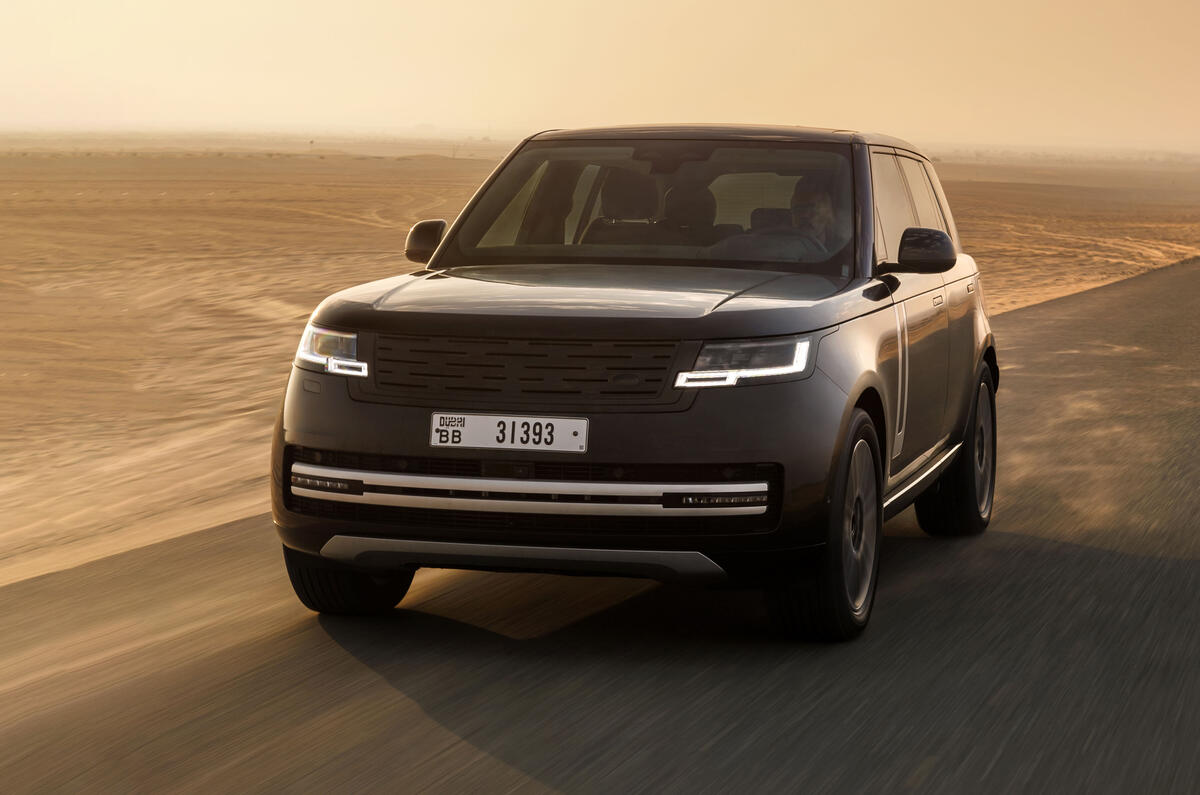
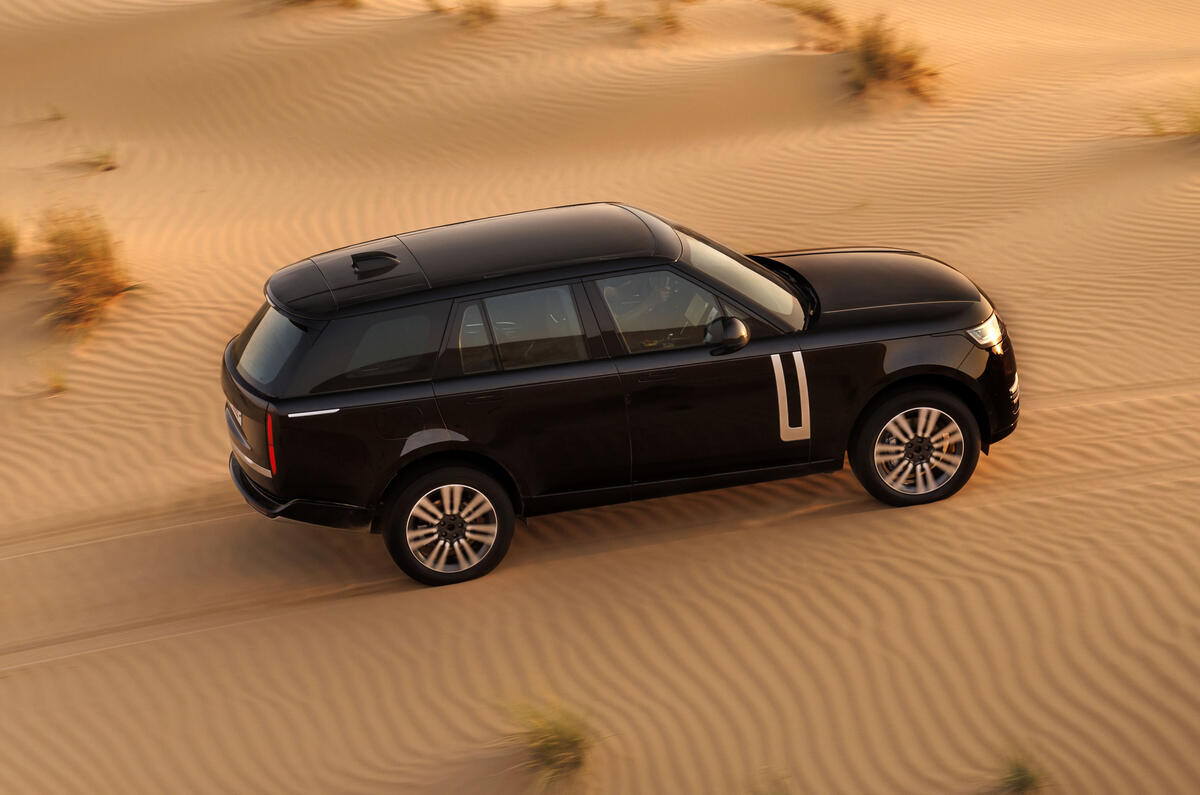

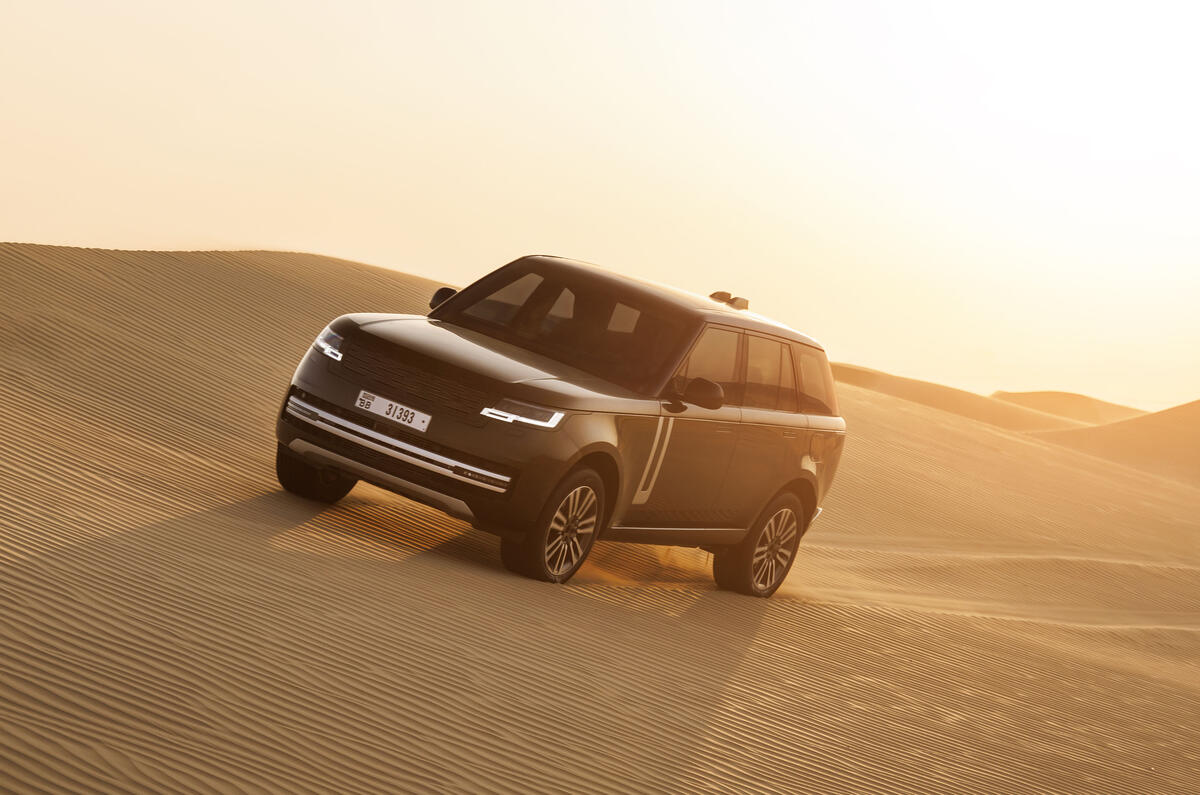
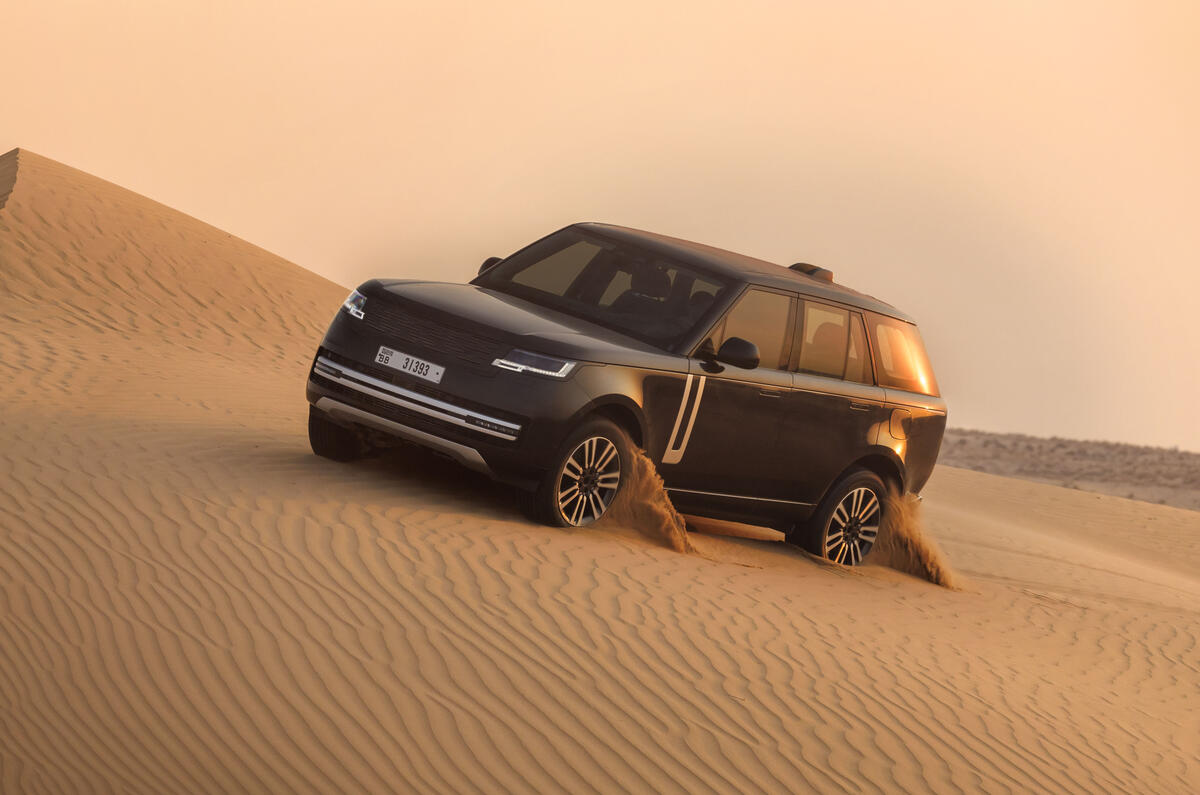
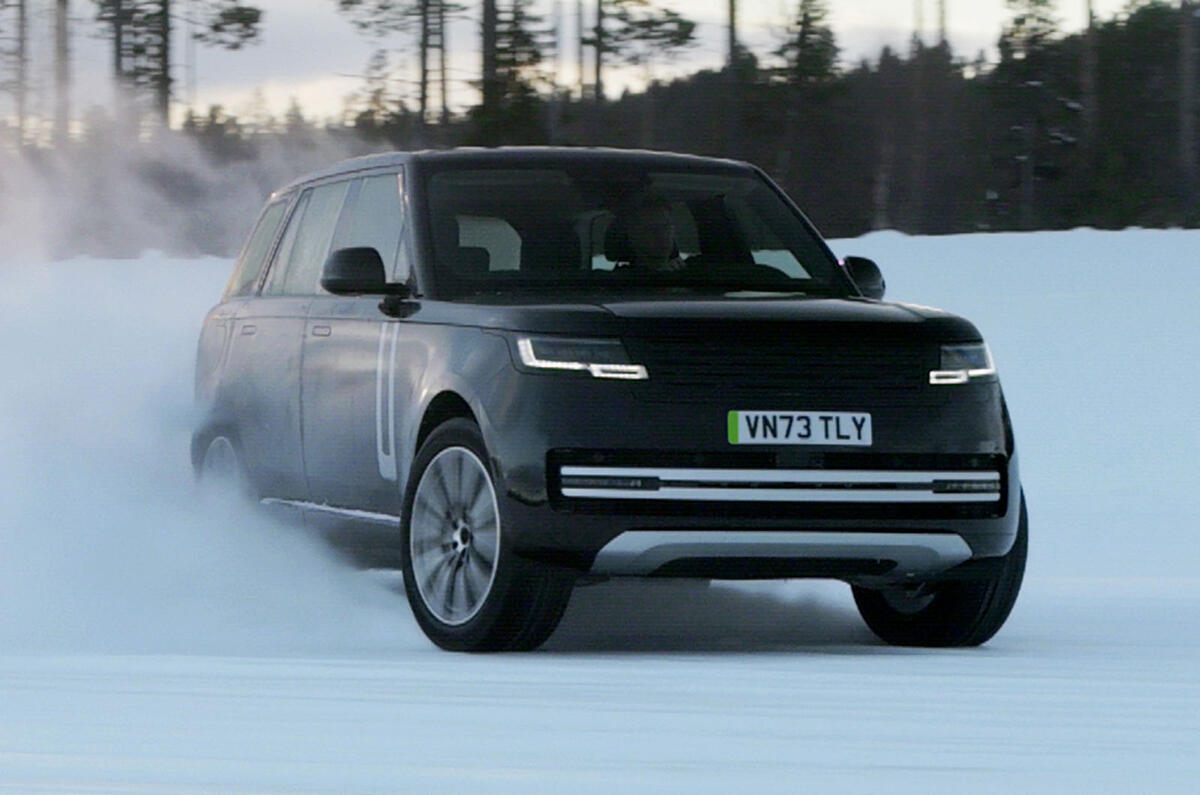
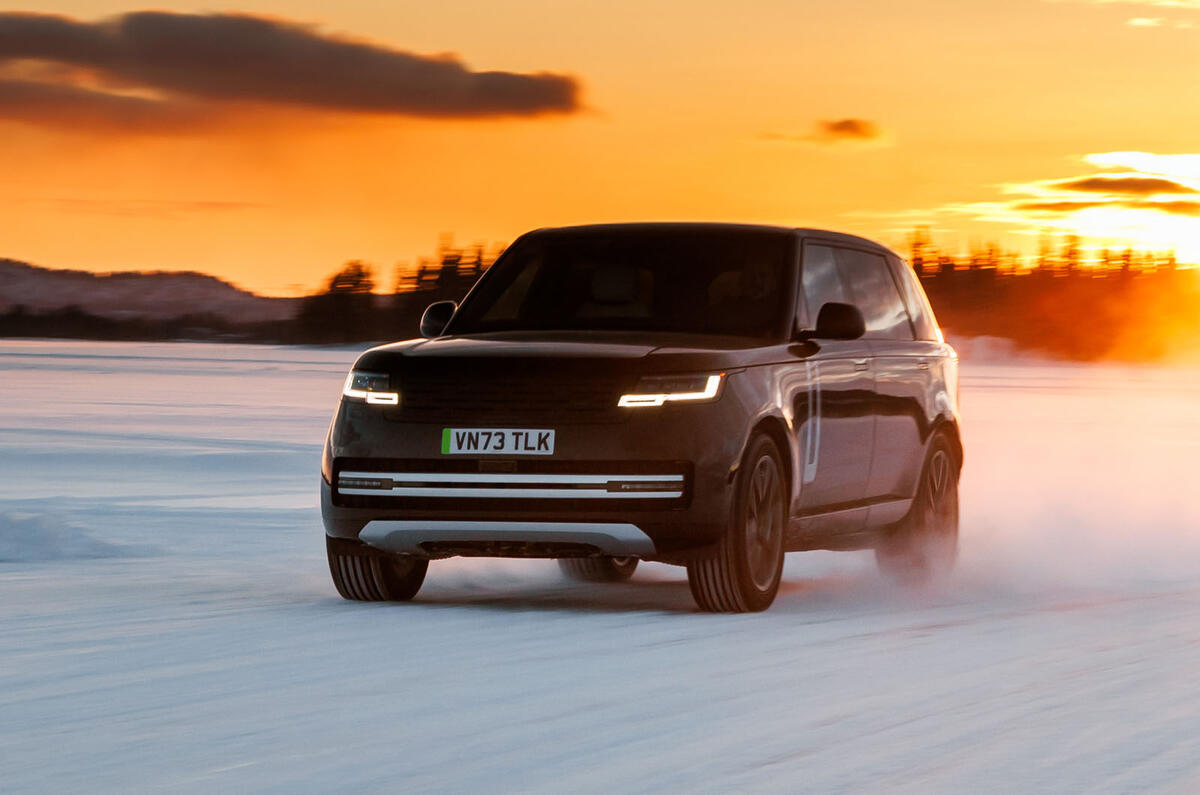
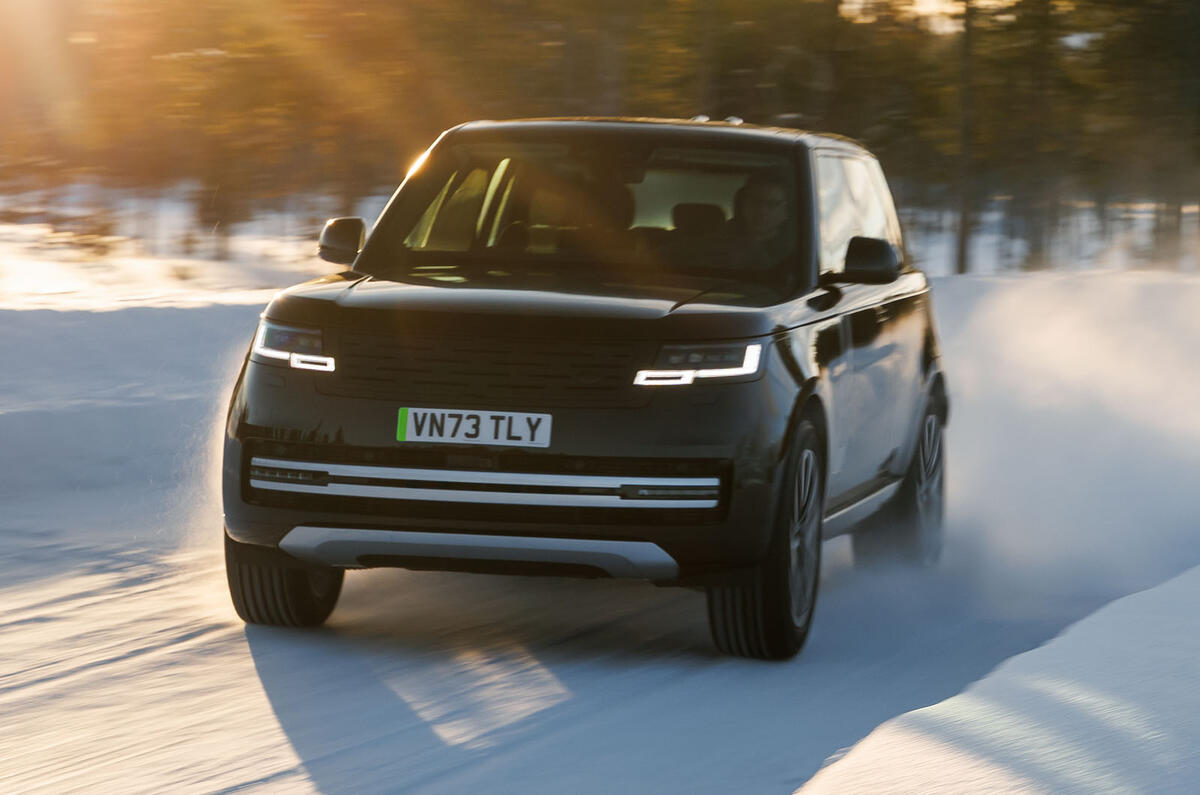
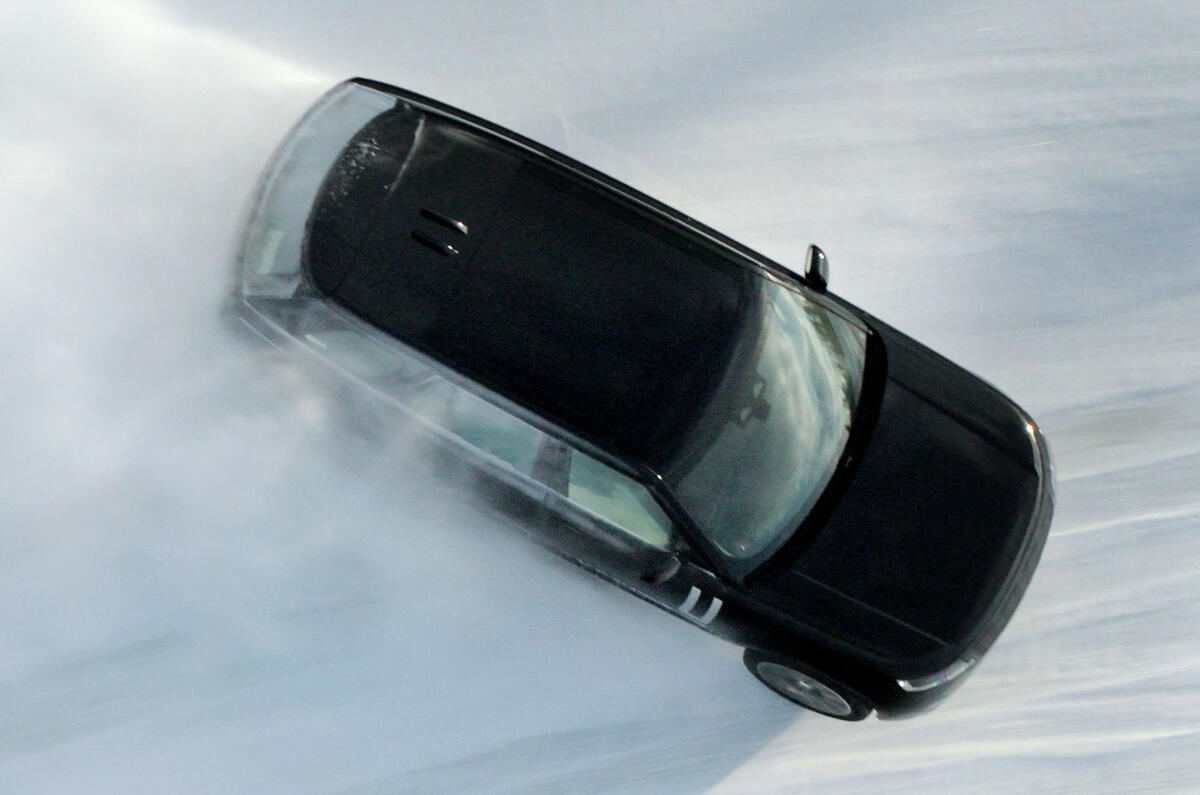
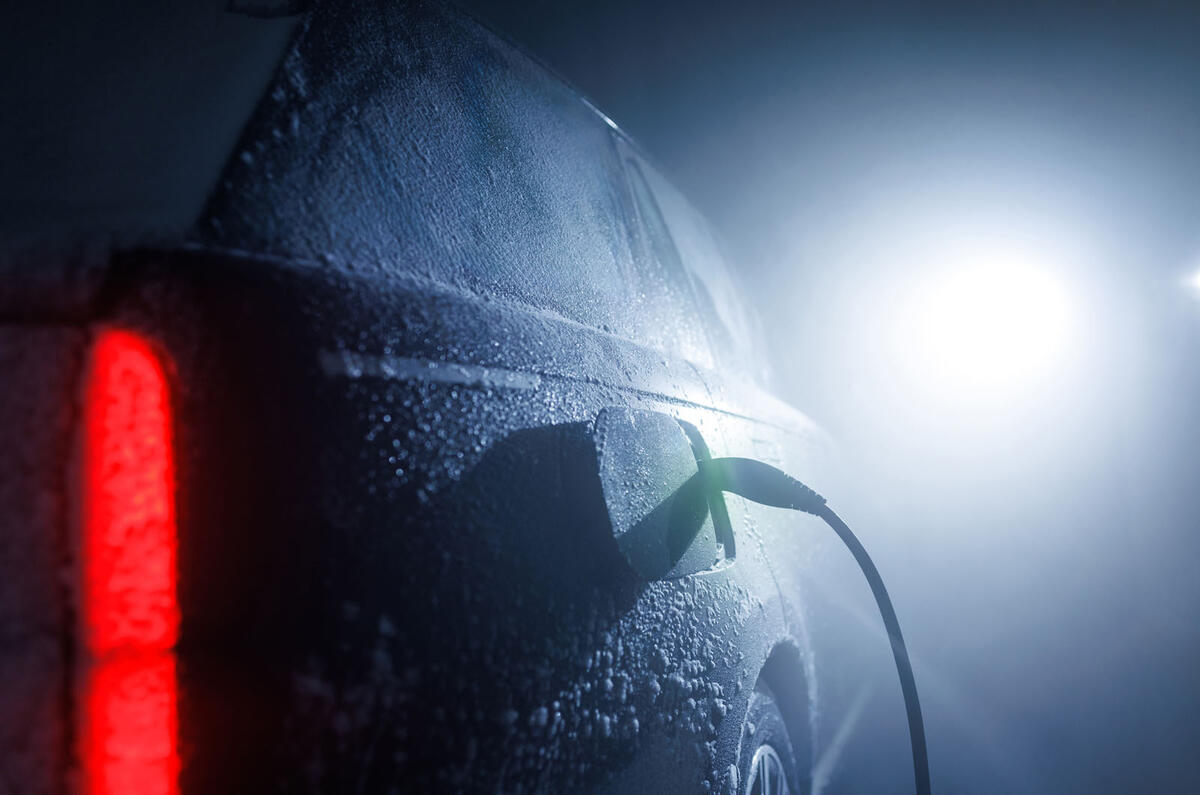
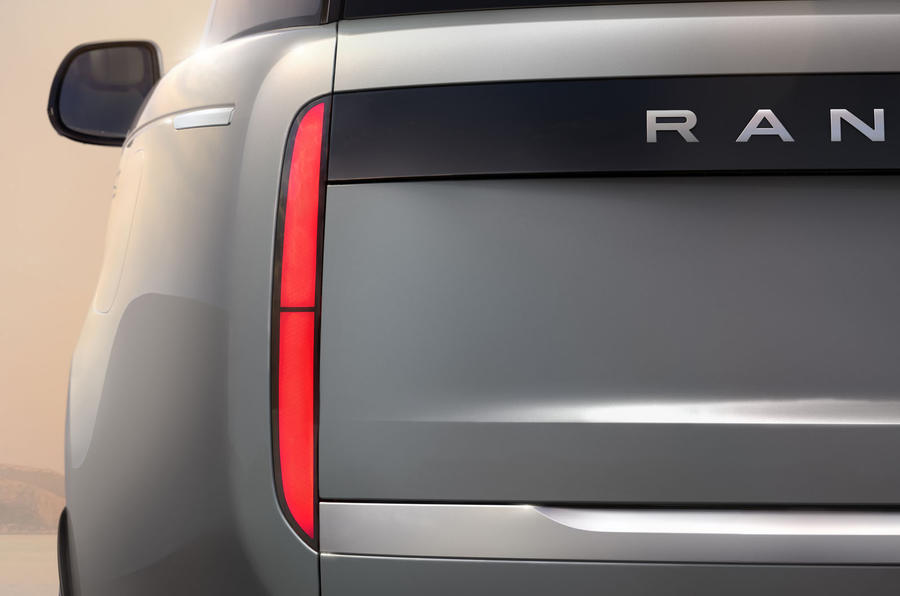
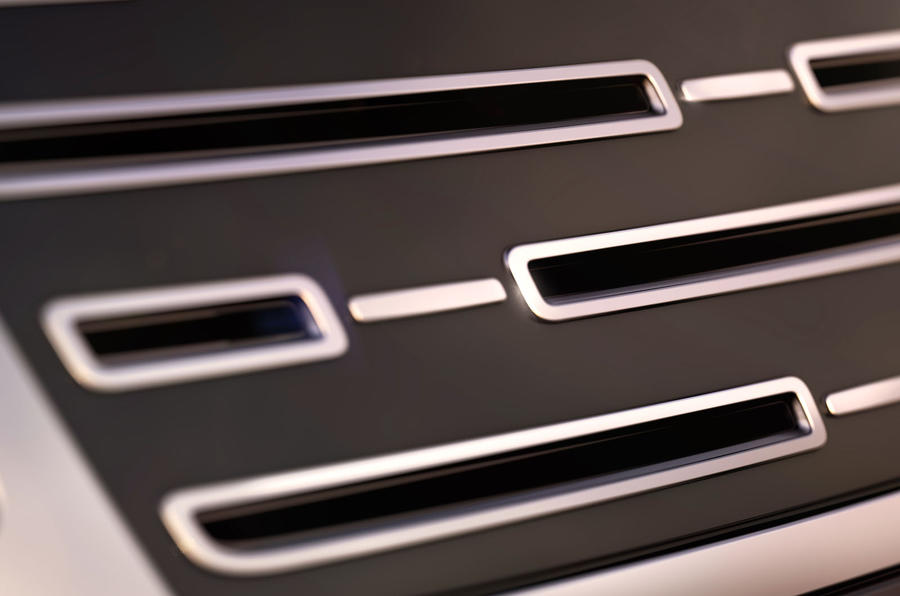

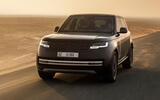




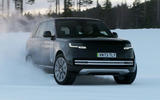




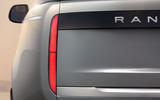

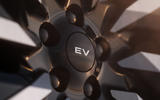




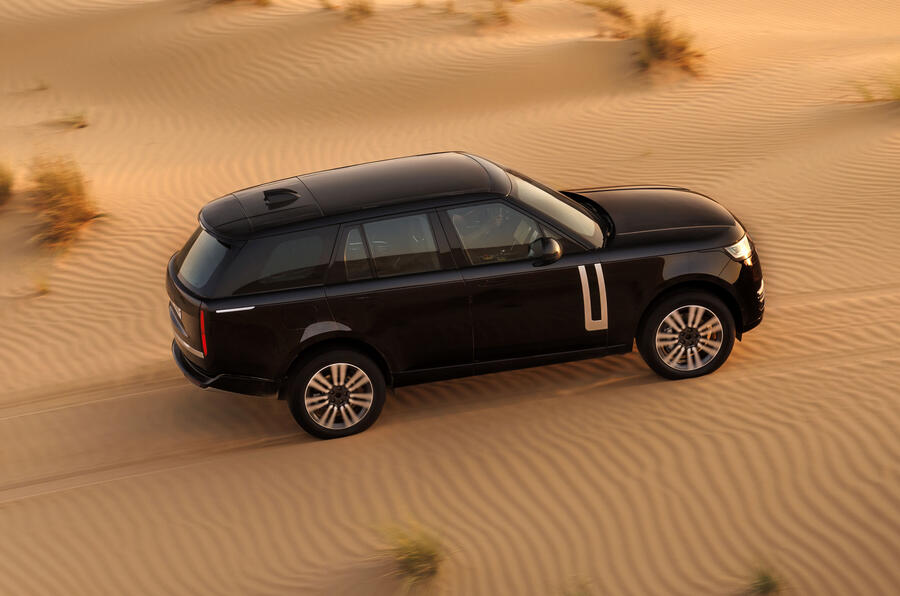
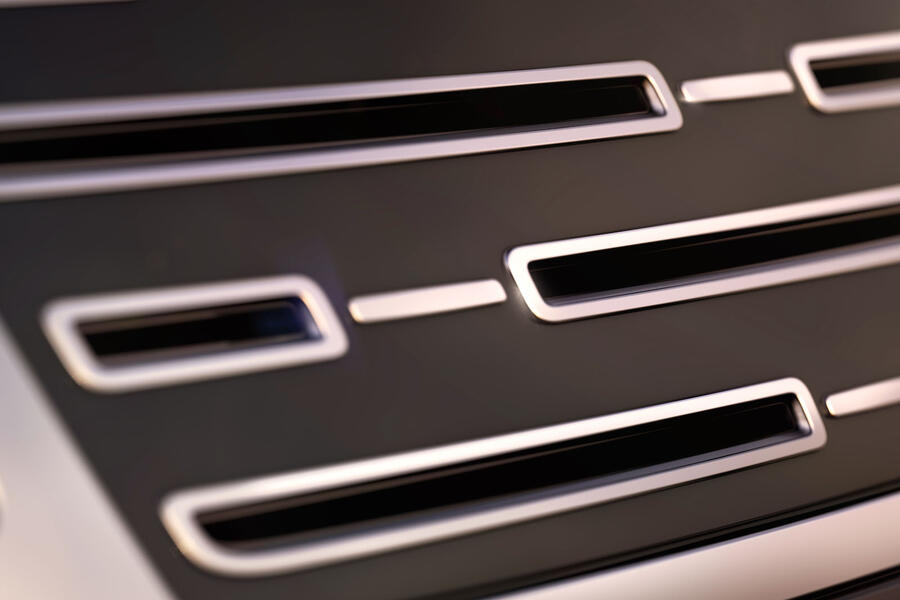







Join the debate
Add your comment
It's good that apart from the grille and badge work, they didn't try to differentiate it visually from the regular Range Rovers. Electric doesn't need to look edgy or weird.
From Autocar's article:
"It's expected to adopt a dual-motor system, which will allow for greater four-wheel-drive ability and systems such as torque vectoring to boost its off-road potential."
how exactly would you have an all wheel drive electric car without more than one motor? It doesn't have a drive shaft. Motors in the hubs? Pretty sure that's not happening. Nostradamus says 'Dual motor' it is.
I only hope that the battery pack is well protected for off roading. It is so easy to write off an EV because of the slightest damage to the battery pack under the vehicle will render it unusable and too expensive to replace.